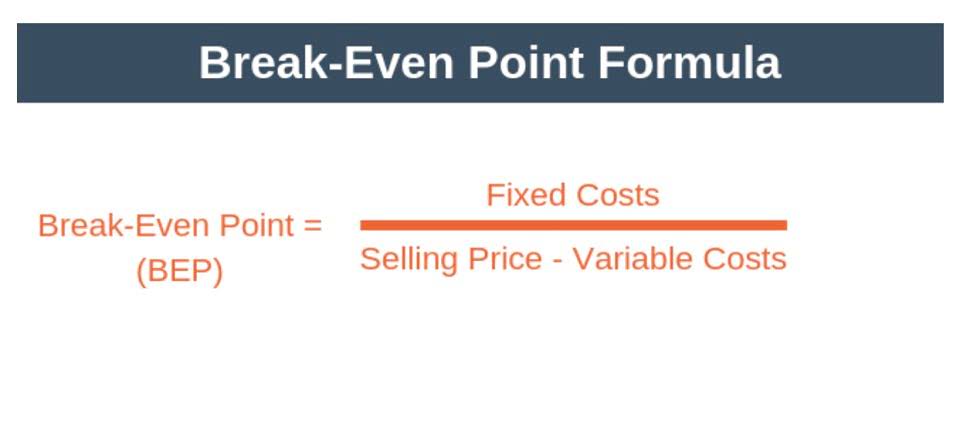Such regulations underscore the complexity of state-federal tax interactions. There are certain tax matters, though, that make an audit more likely and can cause IRS audit triggers. Nothing quite ruins your day like receiving Certified Public Accountant an audit notice from the IRS.
Who gets audited by the IRS the most?
The Supreme Court said 3 years was plenty for the IRS to audit. However, Congress overruled the Supreme Court, and gave the IRS six years in such a case. The IRS has no time limit if you never file a return or file fraudulently. Another scary rule is that the IRS can audit forever if you omit certain tax forms. Plus, once a tax assessment is made, the IRS collection statute is typically 10 years.
Income Tax Calculator: Estimate Your Taxes
Occasionally, after you file, the irs audit IRS wants to take a second look at something. The process of taking another look at your taxes is called an audit. You’ll need to provide copies of the tax returns under review, as these are the returns the IRS wants to examine in detail.
CPAs (Certified Public Accountants)
Keep in mind, this isn’t the end of the list—there are many other potential audit triggers depending on a taxpayer’s particular situation. In practice, however, the IRS tends to open and close an audit within 26 months after the return was filed or due. This internal policy helps ensure that the audit and other processing needs are completed within the three-year timeframe. Once you understand, you can craft your response and provide the IRS with the information it’s requesting.
How Many Times Can You Be Audited by the IRS?
As a result, audit rates among higher tax brackets have declined while those for lower-income taxpayers haven’t. The IRS is also leaning into correspondence audits, which are “easy to trigger, cost very little and require minimal effort by IRS personnel,” compared to in-person field audits, the researchers said. If an audit is not resolved, we may request extending the statute of limitations for assessment tax. The statute of limitations is a time period established by law when IRS can review, analyze, and resolve your tax-related issues.
“Sorry, IRS, you missed your deadline, it’s too late to audit me! But there are many exceptions that give the IRS six years or longer. Even if you think your taxes are pristine, gathering receipts is no fun, nor is explaining what you did and why.
Navigating 3 Different Types of IRS Audits
In 2020, IRS audits of millionaires dramatically decreased by a whopping 72%. While the risk of https://www.bookstime.com/ an audit is less than 1% for most people, there are some things that you can do to lower that risk even more. Book a free virtual consultation with an experienced IRS attorney. Tax Relief Counsel is available 24/7 to provide advocacy and support.
- In most cases, Internal Revenue Service audits reach back a maximum of three years –but exceptions to the audit period apply.
- You can pursue appeals mediation, also known as Alternative Dispute Resolution (ADR).
- Of course, the IRS also has no time limit if you never file a return.
- If you are one of the unlucky people who get audited, you’ll want to know what to expect.
- The law requires you to keep all records you used to prepare your tax return – for at least three years from the date the tax return was filed.
- An IRS audit is a meticulous examination of financial information to ascertain compliance with current tax laws and regulations, including your reported income, deductions, and credits.
- An audit doesn’t necessarily mean that you’ve done something wrong.
- Your audit exposure is at least three years from when you file your return, but you might be a risk for years more.
- If you have foreign income and fail to report amounts exceeding $5,000, the IRS can initiate an audit up to six years from the due date of your tax return.
- Filers claiming the EITC can receive a refund even if they paid no taxes that year.
- “They look for mismatches, and use AI (artificial intelligence) tools to find it and send autogenerated notices. That’s low hanging fruit.”
The basic rule is that the IRS can audit for three years after you file, but there are many exceptions that give the IRS six years or longer. For example, the three years is doubled to six if you omitted more than 25% of your income. In U.S. v. Home Concrete & Supply, LLC, the Supreme Court slapped down the IRS, holding that overstating your basis is not the same as omitting income.
- This means that the statute of limitations runs for 3 years after you have filed your return or the due date, whichever is later.
- Another thing that can flag an IRS audit is using round numbers.
- But a high home office deduction could be a flag to the IRS that they want to investigate the deduction a little further.
- There’s no standard length of time an audit takes, the IRS says.
IRS Can Audit 3 Or 6 Years Back Or Sometimes Forever; States Can, Too
Successfully managing ERC timelines requires a comprehensive approach to documentation and professional oversight. We help clients organize payroll records systematically while maintaining clear evidence of eligibility. Our team documents all IRS communications and provides regular claim status monitoring with expert review of all documentation.






